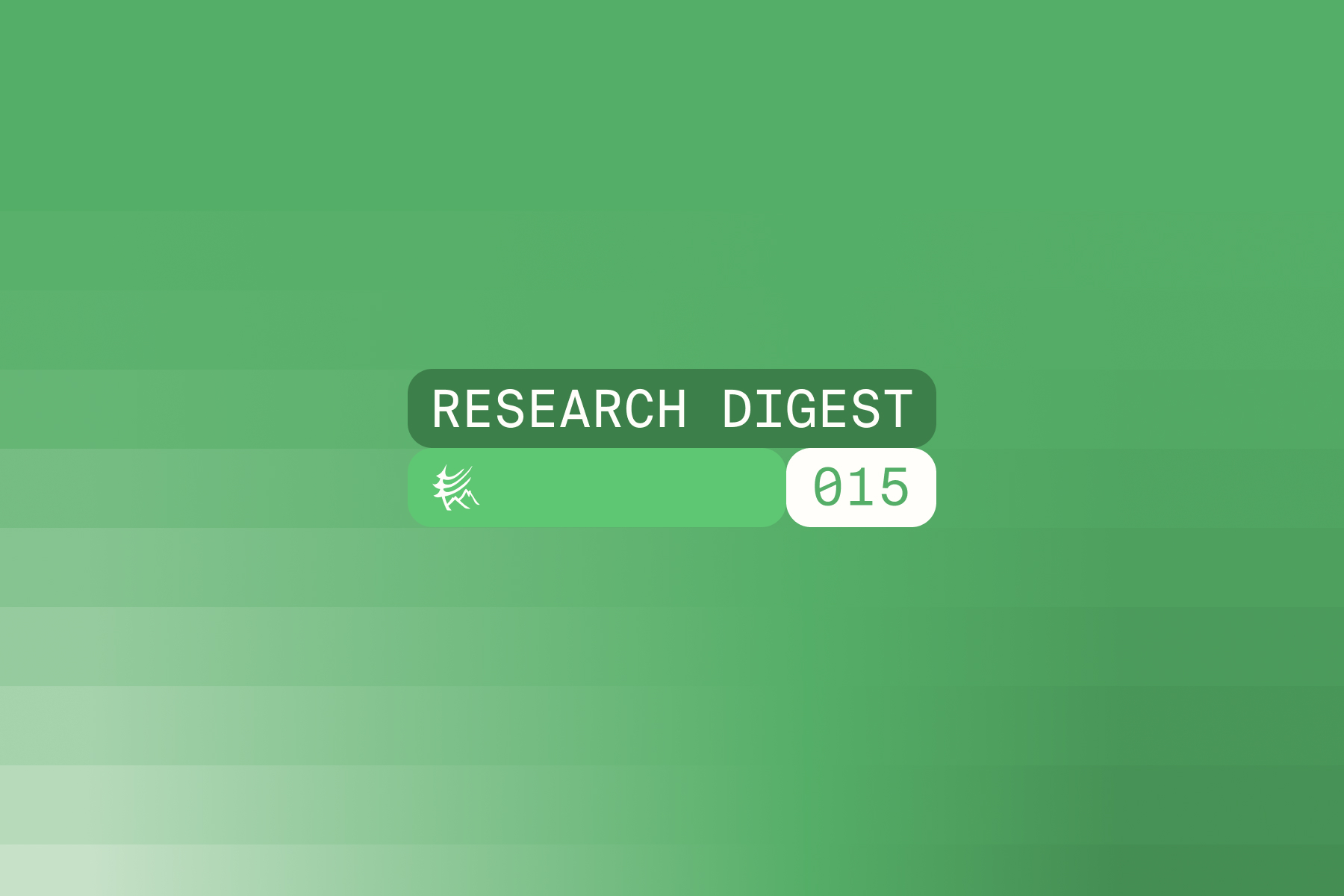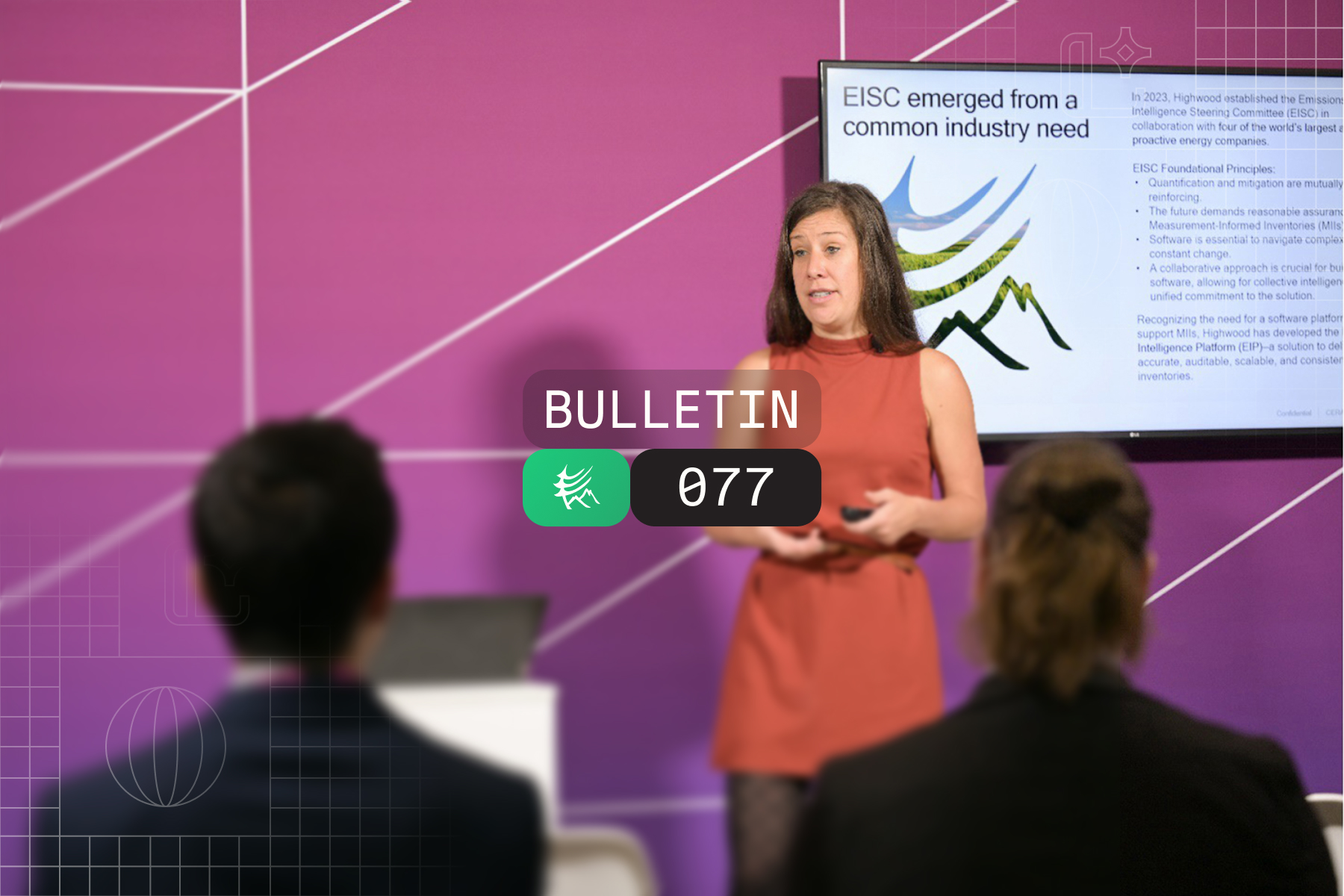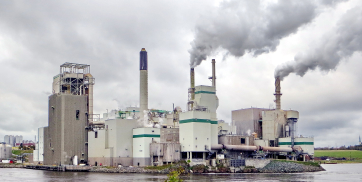In this month’s Highwood Bulletin, the methane world is serving up regulatory plot twists, feature debuts, and a surprising number of acronyms behaving badly. The EPA has quietly nixed its climate office (nothing to see here?), the EU is rethinking its methane rules mid-game, and everyone just barely survived the OGMP 2.0 deadline. Meanwhile, we’ve launched a slick new mapping feature in EIP, released a free crash course on EUMR (because you deserve nice things), and Jeff Rutherford is out here proving that methodology isn’t boring—it’s dangerously influential. Whether you’re deciphering Eurogas letters, tuning in to SPE Live, or wondering why your LNG contract suddenly needs a methane certificate, this one’s for you.
EPA Reorg Leaves Climate Out in the Cold
The US Environmental Protection Agency (EPA) is dissolving its dedicated climate office as part of a major internal reorganization, raising concerns about the agency’s long-term commitment to climate action. Staff and experts warn the move could hinder coordination on climate policy and weaken the EPA’s ability to address the climate crisis. Read more here.
Wake Up and Smell the Methane: It’s Monday Morning
I launched a new thing: Monday Morning Methane, a weekly series where I’ll share key insights, trends, and headlines from the fast-moving world of methane emissions. Whether you’re tracking OGMP 2.0, EUMR, or the latest tech, tune in every Monday for a quick dose of what matters. Click the following links to watch the first, second, third, fourth, and fifth installments.
EU Weighs Weaker Methane Rules for Imports
Several EU countries are pushing to weaken – or “simplify” – key provisions of the bloc’s methane regulation for imported gas, citing concerns about energy security and feasibility. Proposed changes could delay or dilute requirements for monitoring and reducing methane emissions across the global gas supply chain. Read more here.
OGMP 2.0: We Came, We Counted, We Reconciled
Congratulations to everyone who submitted an OGMP 2.0 annual report on May 31st. We’re proud to have supported eight clients through the process. From data wrangling to framework alignment and reconciliation, Highwood is grateful to have played a part in helping operators meet one of the most demanding methane reporting standards in the world.
Jeff’s META Talk: Why Your MII Might Misfire
As part of the META webinar series, Highwood’s Director of R&D Jeff Rutherford shared new research on how methodological choices influence measurement-informed inventories (MIIs). The presentation showed how decisions around source category mapping, uncertainty quantification, and extrapolation can lead to significantly different results, even when following the same frameworks, highlighting the need for rigorous and harmonized approaches to methane accounting. Check it out here.
Match, Map, Comply: New EIP Feature Drops
Highwood has launched a new Source Category Mapping feature in the Emissions Intelligence Platform (EIP). The update enables users to align internal emissions data with OGMP 2.0 Level 4 and 5 reporting requirements by mapping source categories, subcategories, and reconciliation groups without changing existing naming conventions. Learn more here.
Woodside Taps BP for Low-Methane LNG Supply
BP will supply MiQ-certified feed gas to Woodside’s upcoming Port Arthur LNG project in Louisiana. The deal comes as certified and differentiated gas with verified low methane emissions plays an increasingly important role in LNG procurement decisions. Learn more here.
Europe Wrote a Methane Rule and We Translated It into “Producer”
Confused about EU Methane Regulation? I’ve put together a free crash course directed at international producers, in partnership with our friends over at SAGA Wisdom. In just over an hour, I walk through the key requirements, remaining unknowns, and proposed action plans to be proactive without going overboard. Get the course here.
Eurogas Love Letter to EU: It’s Not You, It’s Your Methane Rule
Trade association Eurogas has issued a letter to the EU government warning that a lack of regulatory clarity in the Methane Emissions Regulation (EUMR) could undermine energy security. The group urges policymakers to address gaps in implementation to ensure continued access to reliable gas supplies. Read more here.
SPE Live: Methane Detection Tech in the Spotlight
This Monday, I will join an SPE Live webinar focused on methane detection, measurement, and quantification technologies. The session will explore current capabilities, emerging tools, and their role in supporting faster, more accurate methane mitigation. Register here.
Updates to IPIECA’s Methane Detection & Quantification Technology Recommendations
IPIECA, in collaboration with OGCI and IOGP, has released updated recommendations on methane detection and quantification technologies for upstream oil and gas. The revisions reflect advancements in technology performance, deployment considerations, and integration with emissions management frameworks. Read more here and get the report here.
Oxford Report: Methane MRV Progress and Consequences for LNG
A new report from the Oxford Institute for Energy Studies explores recent developments in methane measurement, reporting, and verification (MRV) and their growing impact on LNG markets. The analysis highlights how improved MRV practices are influencing buyer expectations, certification schemes, and the commercial dynamics of LNG trade. Get it here.
Don’t miss our Research Digest
Highwood’s Research Digest highlights recent methane emissions research, focusing on advancements in measurement methods, quantification, and the identification of emission sources within the oil and gas sector. The 15th edition of our Research Digest was published on April 30, 2025 and is available for free here.
Highwood grows online methane courses
Six methane courses are now available online and on-demand. These include courses on reconciliation and measurement-informed inventories, OGMP 2.0, methane technology, methane basics, voluntary initiatives, and more. Explore our courses here.
Want to write for the Bulletin? We’re looking for guest writers who would like to contribute a Feature Article to the Highwood Bulletin. Please reach out if you’d like to write an unbiased, apolitical, constructive post for our ~2500 subscribers and ~10,000 LinkedIn followers on an emissions management topic. Authors are fully credited and have a profile page on our website (we are happy to backlink).






